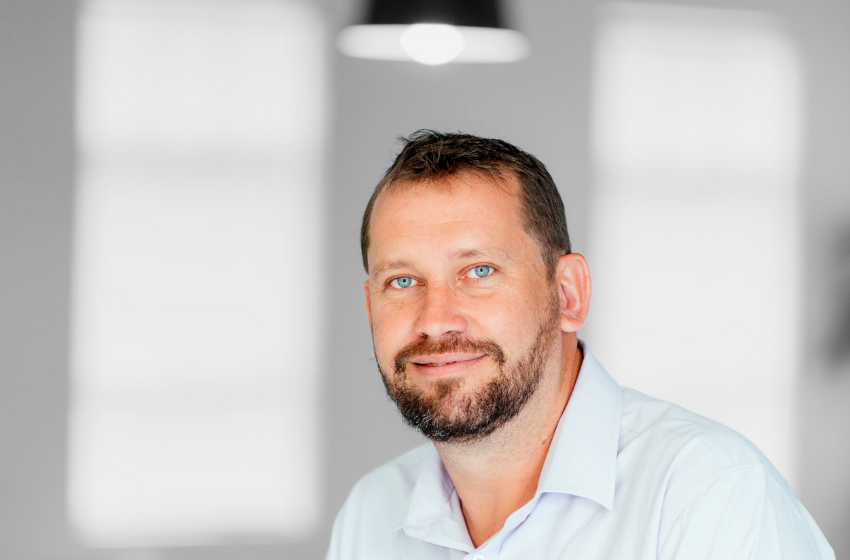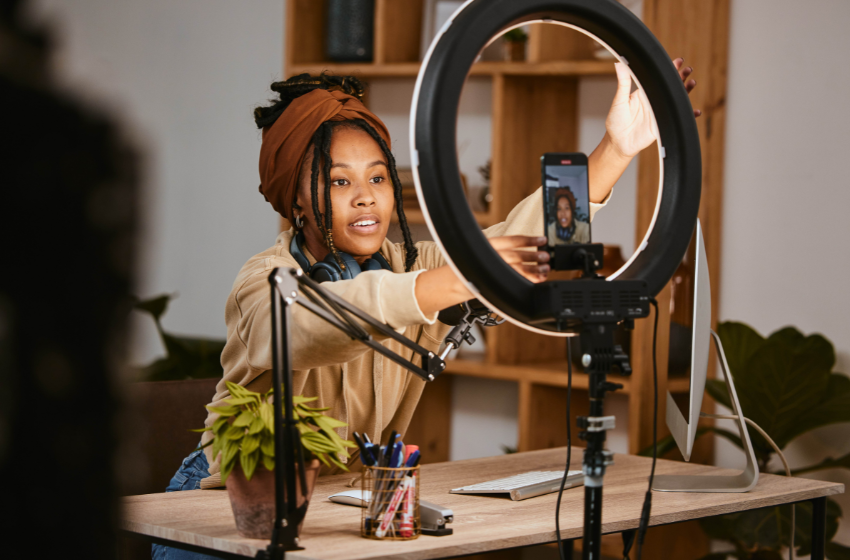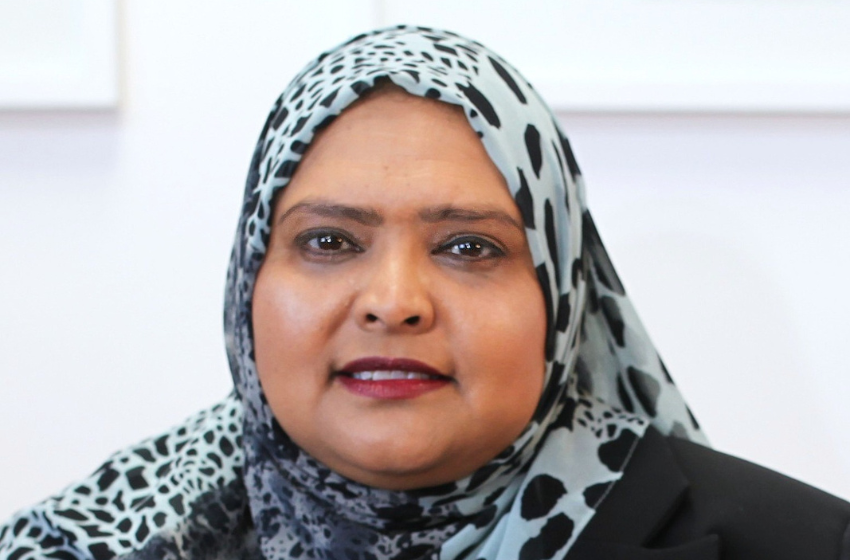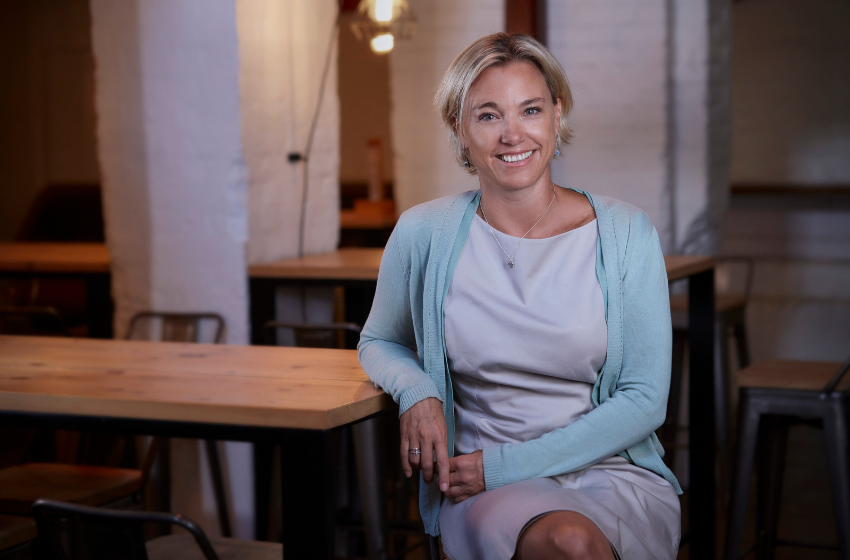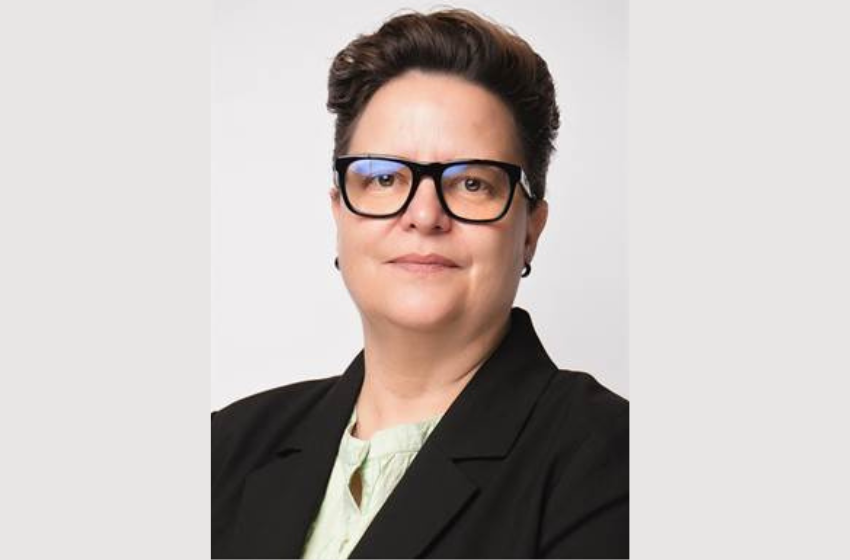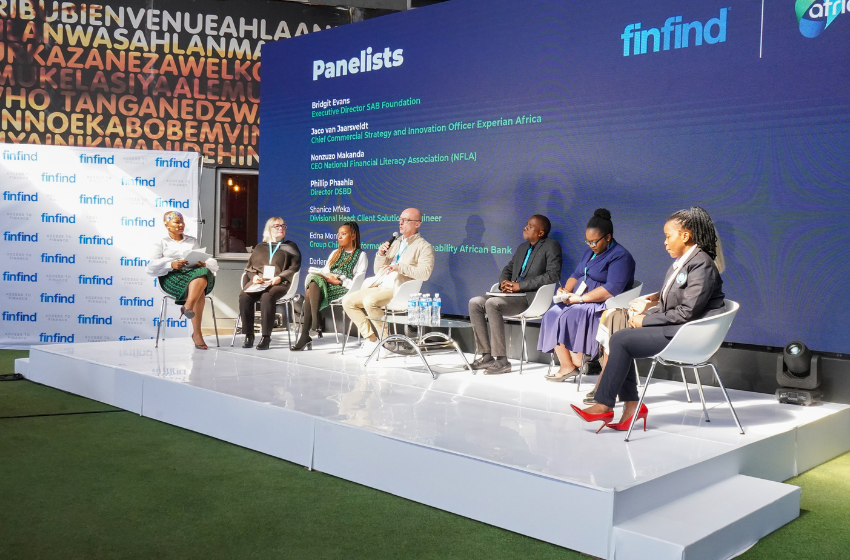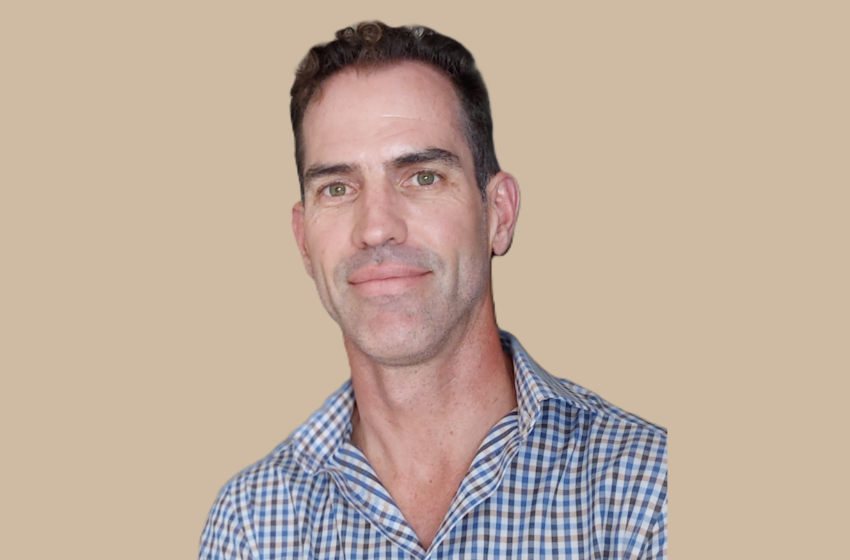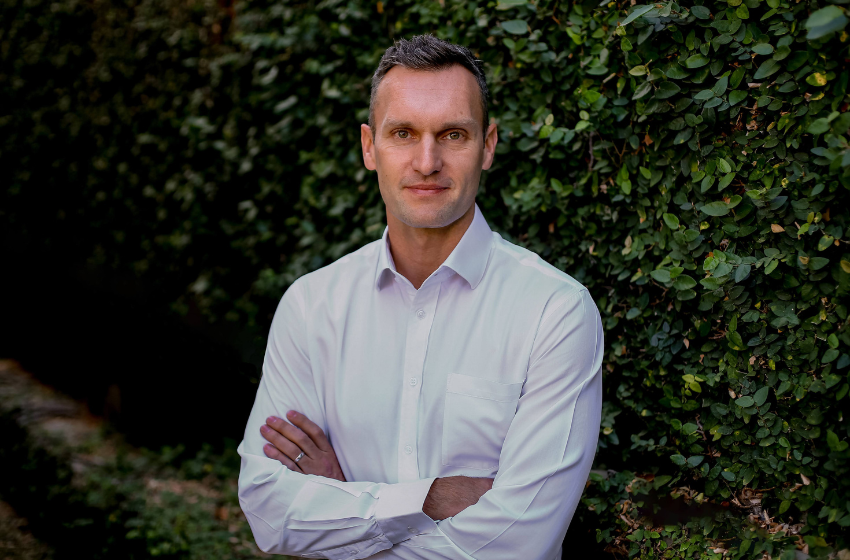
The ‘glass ceiling’ is a frequently cited term that describes the barrier preventing women from advancing to senior leadership roles in their professions, regardless of their qualifications or achievements. But it’s becoming clearer that the seeds of this problem are planted much earlier – with that very first step up the career ladder.
This is a phenomenon identified by McKinsey senior partners Kweilin Ellingrud, Lareina Yee, and María del Mar Martínez in their new book, The Broken Rung.
The ‘broken rung’ refers to the critical entry point into management that many women are denied. For every 100 men who are promoted to a management position in corporate America, only 81 women are afforded the same opportunity.
Of course, the concept of the broken rung can also be applied to the challenges faced by South African women looking to break into management.
Phryne Williams is the founder and director of Capital Assignments, an executive search firm specialising in recruitment for the financial services sector. A long-time advocate for advancing women in South Africa’s workforce, Williams has accumulated a wealth of insight from years of coaching women in her industry. Her perspective sheds light on the challenges they face – and strategies that can help them rise – offering valuable resonance for readers of books like The Broken Rung.
When asked about the difficulties South African women face in this context, Williams cites several barriers to advancement, including unconscious bias, limited networking opportunities, and a lack of mentorship.
She recalls: “I had the privilege of coaching a bright, ambitious young woman who was working for a leading asset management firm. She had strong technical skills and a brilliant mind, but she had hit a wall when it came to getting promoted into a managerial role. The feedback she received was vague at best – comments like ‘You’re not quite ready’. Through our coaching sessions, it became clear that the issue wasn’t her capability – it was that she hadn’t yet developed the ability to showcase her strengths with intention. We worked together to shift that and, six months later, she was promoted.”

“This is a story I’ve seen echoed in so many talented women – brilliant individuals who just need someone to remind them that they don’t need to wait to be noticed. They have every right to step forward and take up space.”
Tips for South African women looking to overcome the broken rung
The Broken Rung calls out three core skills that women should develop to further their career trajectories, namely: demonstrating and showcasing strengths effectively, building a strong professional network, and mastering confident, assertive communication.
On the subject of amplifying strengths, Williams emphasises the importance of presenting ideas with confidence and grounding them in evidence. Whether you’re proposing a new project or seeking additional responsibility, having an evidence-based approach helps create credibility and impact. Equally important is strengthening your professional visibility through meaningful connections.
“I’ve seen how the right connections can open doors and build confidence. It starts with engaging with colleagues – not only in your own team or division, but also across the business in areas outside of your expertise – showing genuine interest in their work and being curious about their experiences. These everyday interactions are what gradually build a strong and diverse professional network,” she explains.
This learning can also be viewed through a broader lens. Williams encourages women to actively seek out professional associations, industry conferences, and workshops as a way to expand their knowledge, build meaningful relationships, and gain a broader view of the industry. Demonstrating this kind of engagement signals professional commitment and often opens doors to unexpected opportunities.
“There’s something energising about being in a room full of experts, peers, and future collaborators. It’s a chance to share ideas, learn from others, and get inspired by what’s possible,” says Williams.
On the path to success, the right guide can make all the difference. In fact, mentorship and sponsorship are vital. Williams elaborates: “In our sector, which is still largely male-dominated at senior levels, mentors offer women a safe space to refine their thinking, navigate complex environments, and build confidence. But it’s sponsorship that truly shifts the dial. Sponsors are in the room when career decisions are made; they advocate for you, put your name forward, and help break down systemic barriers.”
By learning to recognise both the challenges and the turning points – and responding to them with courage and intention – women can better position themselves for leadership. After all, the so-called ‘broken rung’ is not just about missed promotions; it’s about overlooked potential. Repairing it starts with women backing themselves – and leaders creating the space for them to rise.
Share via:



